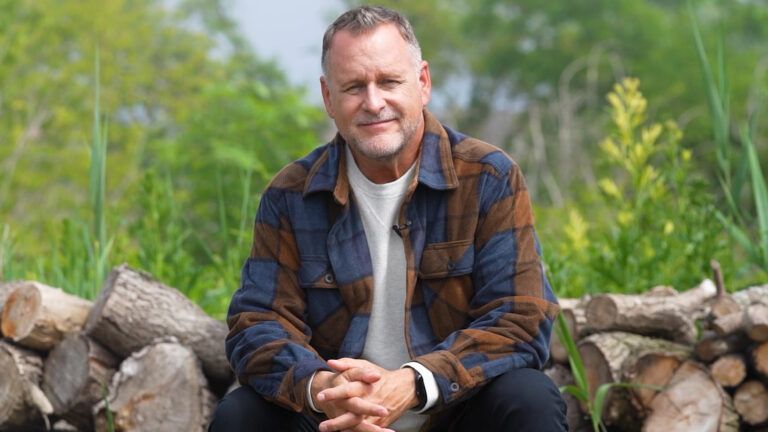There is no one-size-fits-all approach to recovery from drug or alcohol addiction. Popular media often gives the impression that a 28-day stint in rehab is all it takes. In fact, for most people recovery is a lifelong journey. Inpatient treatment is the start, not the end.
One of the most challenging parts of recovery is transitioning from treatment to everyday life. Treatment centers and sober living facilities are typically highly structured with plenty of supervision and accountability. Eventually people in recovery must learn to live with less support.
What are the keys to success for people reintegrating into sober life? Two important factors are community and responsibility.
Addiction is a disease of isolation. Substance abuse ruptures relationships and erodes people’s abilities to function at home and at work.
Treatment programs teach skills for repairing relationships, but people must learn to apply those skills in everyday life. Returning to unhealthy environments, including friends or family members with substance use problems, can be a disaster.
Supportive communities can be found in 12-step or other recovery programs, support groups, sober living houses and among healthy friends, family members and coworkers.
In community, people in recovery can share their struggles and learn to relate to others without the destructive veil of drugs or alcohol.
Addiction is also a disease of despair. Addicts feel tremendous shame and, while they are using, see no hope for recovery.
An excellent way to build a sense of self-worth is to help others and earn a living. Many sober living environments require residents to cook, clean or otherwise help maintain the household.
As they gain confidence in themselves and progress in their recovery, people can mentor others on the path or volunteer at treatment programs or other community organizations.
Many people in recovery find work within the treatment industry, sometimes becoming treatment professionals themselves.
Addiction shatters lives. But the discipline and insight gained in recovery can lead to creativity, empathy and professional accomplishment.
As Dana Smith discovered, the worst thing that happens to a person sometimes turns out to be the best thing. With the right support and opportunities, people in recovery can become strong, confident blessings to their families and communities.





